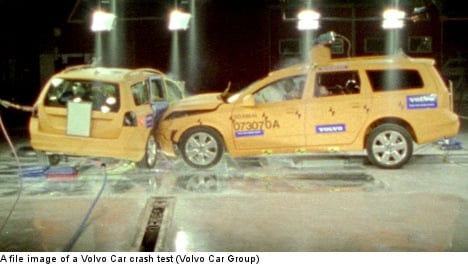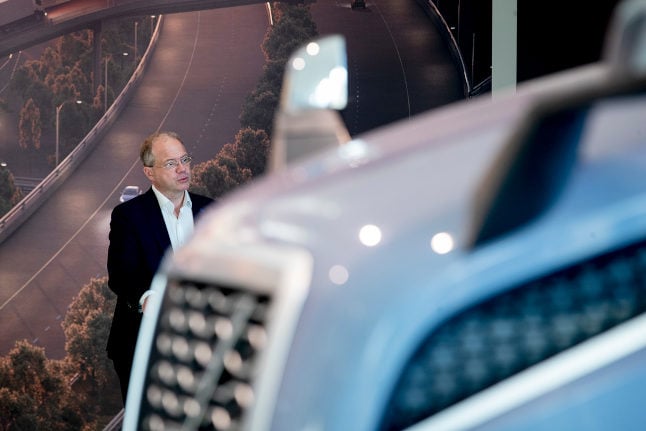Volvo, which is owned by China’s Geely group, is currently developing cars that drive themselves and plans to launch a first model in 2014 that can drive at 50 kilometres per hour.
“Our vision is that no one is killed or injured in a new Volvo by 2020,” Anders Eugensson, Volvo’s head of government affairs, told the Wall Street Journal.
According to the newspaper, Volvo has tested the prototypes on “thousands of miles of test drives on public roads in Spain and on the company’s test track in western Sweden.”
“The car of the future will be just like the farmer’s horse. The farmer can steer the horse and carriage but if he falls asleep the horse can still (get) back home. And if the farmer tries to steer the carriage against a tree or off a cliff, the horse will refuse,” Eugensson said.
Volvo refused to comment on how much they were investing in the project.
The news came as the company announced its total investments for the period 2011-2015 would amount to $11 billion of which a third would go toward the renovation and expansion of its facilities in Sweden.
An undisclosed sum would also go toward developing a new, more fuel-efficient four cylinder engine.
US internet search engine Google has also been testing its own prototype of a self-driving car since 2010.
Volvo Car Corporation is a separate entity from the Volvo Group, the maker of trucks, buses and construction machinery, since the auto company was sold to Ford in 1999. It was sold to Geely in 2010.
AFP/The Local



 Please whitelist us to continue reading.
Please whitelist us to continue reading.
Member comments